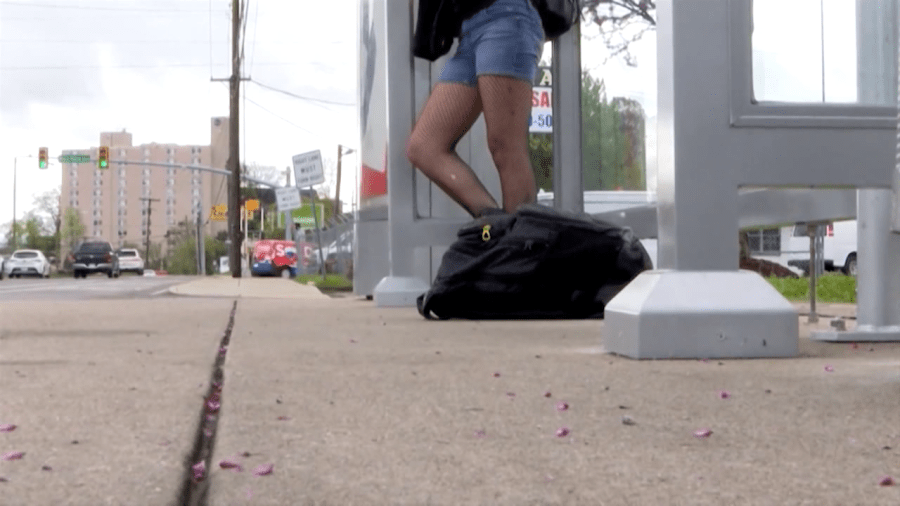NASHVILLE, Tenn. (WKRN) — The U.S. State Department recognizes January as National Human Trafficking Prevention Month, and one Tennessee lawmaker has also recognized it by proposing legislation to combat the crime.
Data from the Tennessee Bureau of Investigation showed the number of calls reporting increased by 400% between 2016 and 2023. Middle Tennessee generating the most tips and calls. The staggering numbers are why Tennessee lawmakers have crafted new legislation to combat the problem.
📧 Have breaking news come to you: Subscribe to News 2 email alerts →
“While it seems like this elusive thing that may be happening in other places, it’s definitely happening right here in our own backyard,” said Kyla Conlee, the CEO of AncoraTN.
AncoraTN provides aftercare services to human trafficking survivors, and often the non-profit is on the front lines of the problem. The organization told News 2 it had seen an increase in calls to their hotline. In 2023, there were 501 referrals, but last year, that number jumped to 639 referrals.
“We definitely are seeing an uptick and an increase in the amount of people that are looking for services or that law enforcement’s coming into contact with that are in need of services because of their trafficking situation,” Conlee explained.
In January, Senator Marsha Blackburn (R-TN) introduced four bills aimed at combatting human trafficking. One of the bills being proposed would create a national human trafficking database, which is something Conlee supports.
“We need full wrap-around support and it starts with having laws in place and structures in place to be able to have protections for people who are victimized,” Conlee said.
The bill has pointed to the success of Belmont University’s Data Collaborative after the school teamed up with ‘Engage Together’ to understand where human trafficking is happening in Tennessee.
As of publication, there are no tools for tracking human trafficking incidents, especially because so many go unreported. However, their research found in Tennessee, the five counties with the highest risk for human trafficking are Shelby, Madison, Davidson, Hamilton and Bradley.
“In order to understand it, we have to capture what’s going on,” Dr. Marquinta Harvey, assistant director of the Belmont Data Collaborative, said.
Blackburn, along with Senator Amy Klobuchar (D-MN), reintroduced the Bipartisan “National Human Trafficking Database Act”, which would compile state trafficking crime data, streamline connections with survivor support organizations and create incentives for state law enforcement agencies to report data.
To get a complete look at the project between ‘Engage Together’ and the Belmont Data Collaborative, you can see their findings here: follow this link. If you are interested in joining forces with Belmont, you can contact [email protected].
This month, Blackburn introduced the following bills:
- Stopping the Abuse, Victimization, and Exploitation of Girls (SAVE Girls) Act: Provides states, local governments, and non-profits with the vital resources they need to put an end to the trafficking of young women and girls. Follow this link to read the bill’s full text.
- National Human Trafficking Database Act: Establishes a national human trafficking database at the Department of Justice’s Office for Victims of Crime and incentivizes state law enforcement agencies to report data. Follow this link to read the bill’s full text.
- End Child Trafficking Now Act: Requires a DNA test to determine the relationship between illegal immigrants coming across the border and any accompanying children. Follow this link to read the bill’s full text.
- Preventing the Recycling of Immigrants is Necessary for Trafficking Suspension (PRINTS) Act: U.S. Gives Customs and Border Patrol (CBP) the authority to fingerprint non-citizens under the age of 14 to combat human trafficking and child recycling. Follow this link to read the bill’s full text.




